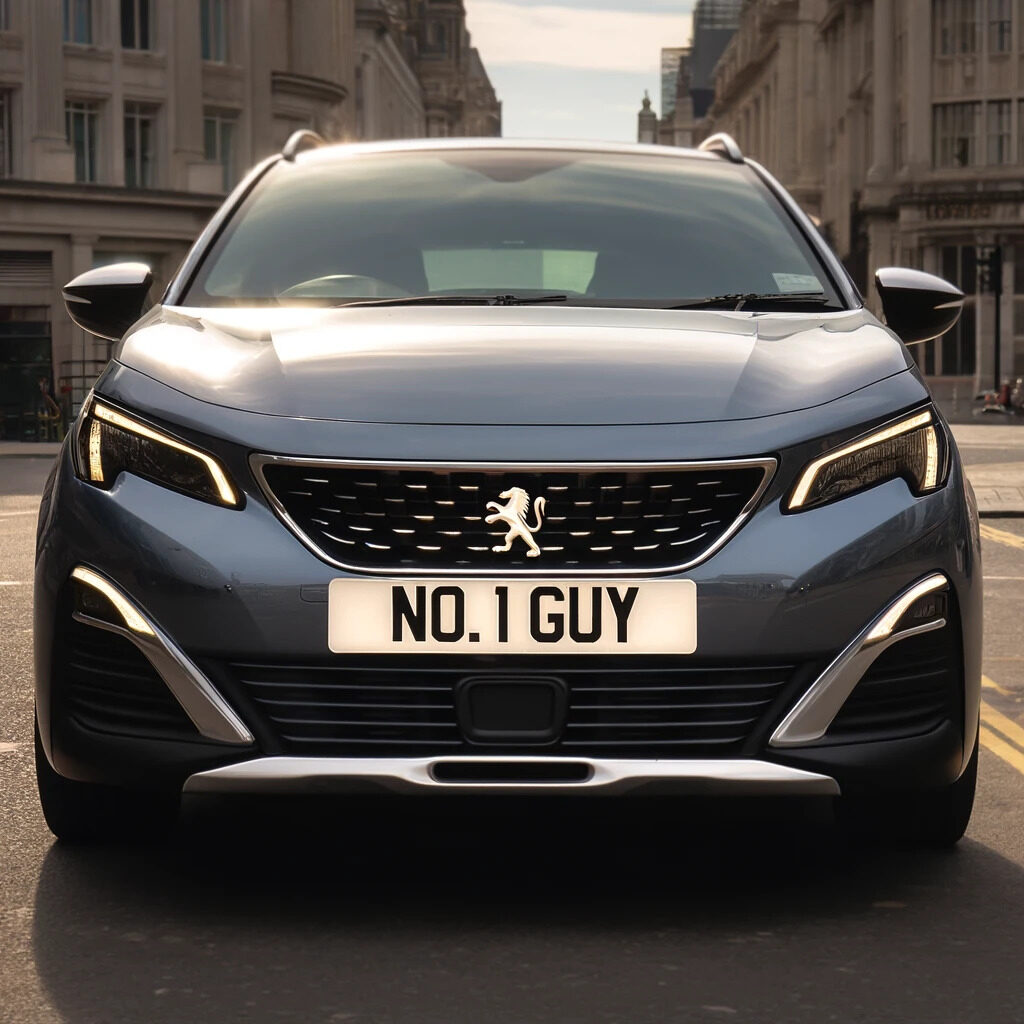Each year, the Driver and Vehicle Licensing Agency (DVLA) takes on the crucial task of reviewing and banning a selection of number plates that could be deemed offensive or inappropriate. This process, undertaken by the DVLA, is a significant step in ensuring that vehicle registration numbers remain respectful and inoffensive to the general public. The 2024 list of banned number plates includes a variety of combinations that could be considered rude, lewd, or otherwise unsuitable for display on the roads. Some people see custom number tags as an accessory, while other believe they are necessary to making a vehicle look distinct.
Understanding the Ban Process
The DVLA uses a combination of automated systems and human oversight to evaluate potential number plates. This dual approach helps catch any inappropriate combinations that might slip through automated checks. The criteria for banning a number plate typically include references to:
- Offensive language: Any plate that includes explicit or profane language.
- Racial or ethnic slurs: These plates might target specific races or ethnic groups.
- Sexual references: Combinations that imply sexual content or behaviour.
- Political or religious content: Plates that could be seen as inflammatory or provocative regarding politics or religion.
Each year, the DVLA’s team of assessors reviews the new series of plates before they are released to the public. This careful scrutiny helps maintain a respectful and safe environment on the roads.
Highlights from the 2024 Banned List
The 2024 list of banned number plates includes a range of combinations that the DVLA has identified as potentially problematic. Some examples include:
- Plates with explicit sexual content, such as “BU22 GER” or “DR22 UGS”.
- Combinations that might be interpreted as racial slurs or offensive to specific communities.
- Plates that could be seen as promoting hate speech or discrimination.
- References to drugs or criminal activity.
The Impact of Offensive Plates
An offensive number plate can have serious repercussions, including public complaints and potential legal consequences. It can also tarnish the reputation of the vehicle owner, potentially leading to negative interactions with law enforcement and the public. By banning these plates, the DVLA is taking a proactive step to prevent such situations and promote a more harmonious driving environment.
Personalising Your Number Plate
While the DVLA bans certain offensive combinations, vehicle owners still have a plethora of options for personalising their number plates. This freedom to express oneself through their vehicle’s number plate is a unique privilege. Websites like JDM Plates offer a wide range of options for those interested in unique and personalised number plates. Whether you’re looking for something specific or just want to explore your creative side, these platforms provide an excellent resource for finding the perfect number plate.
The Importance of Respectful Registration Numbers
Maintaining a respectful and inoffensive set of registration numbers is crucial for several reasons:
- Public decorum: Ensuring that number plates do not offend or upset members of the public.
- Safety and harmony: Preventing plates that might incite road rage or negative interactions.
- Legal compliance: Adhering to regulations prohibiting offensive content in public spaces.
Vehicle owners play a significant role in fostering a positive and respectful driving culture by adhering to these guidelines. This responsibility is not just about following rules, but about contributing to a safer and more harmonious road environment.
The DVLA’s annual review and ban of offensive number plates is essential for maintaining decorum and respect on the roads. While some may view it as restrictive, the primary goal is to prevent inappropriate and offensive content from becoming commonplace on vehicle registration plates. With custom number plate makers like JDM Plates, vehicle owners can still enjoy a wide range of personalisation options without crossing the line into offensive territory. Balancing personal expression with the broader need for respect and harmony on the roads is crucial as we move forward.

 by Carl Bunton 5 months ago
by Carl Bunton 5 months ago 